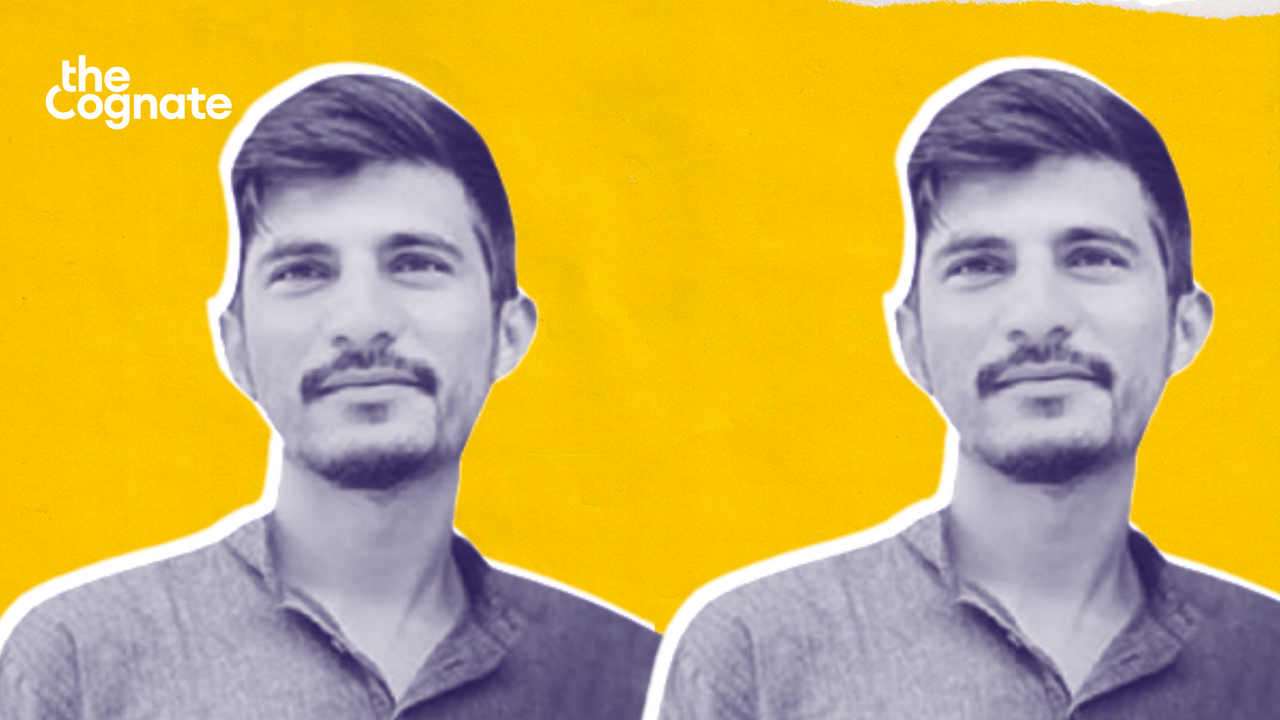Soon after the brutal murder of 25-year-old Arbaz Mulla in Belagavi on 28 September 2021, a team of seven people from Bengaluru and Davangere had visited Belagavi to express solidarity with the family of the deceased and to conduct fact-finding into the incident. The team consisted of Akash Bhattacharya (All India People’s Forum), Avani Chokshi (All India Lawyers’ Association for Justice), Nizamuddin (Fraternity Movement), Shaik Zakeer Hussain (journalist, The Cognate), Siddharth Joshi (independent researcher), Syed Junaid (activist, All India Students Association), and Tanveer Ahmed (Movement for Justice).
The team observed the key role played by the Hindutva outfit Sri Ram Sene Hindustan in orchestrating the murder, the subsequent media blackout as well as the lack of solidarity received by Arbaz’s family. A month since the murder, despite the arrest of ten people, justice for Arbaz remains a long shot, as the police are keen to downplay the obvious communal motive behind the murder and are trying to pass it off as a case of contract killing. Since their visit, the citizens’ team has been following up on the case and released its report through an online press conference on 28 October 2021.
During the press meet, Syed Junaid elaborated on the context of the team’s visit and emphasized that this was as much a solidarity visit as it was a fact-finding effort. Shaikh Zakeer Hussain explained the key events that led to the incident: Arbaz’s inter-faith love affair with his Hindu neighbour, the objections raised by both the families, the threats given by Sri Ram Sene Hindustan, the administrative impunity for the extremist outfit, and the culmination of it all in Arbaz’s brutal murder on 28 September. Zakeer also mentioned that the police initially tried to pass it off as suicide, but Arbaz’s tied hands and the signs of injury discovered during the post-mortem prevented, them from doing so.
Avani Chokshi criticized the police inaction in the immediate aftermath of the murder, the administrative disinterest in providing safety to inter-caste and inter-religious couples in Belagavi, the direct and indirect state support to the men behind the murder, and the media blackout of the incident. She lamented the invisibilization of the girl with whom Arbaz was in a relationship and the complete takeover of her voice by the community and the state. This, she said, was an integral part of the normalization of Hindutva, which has been taking on dangerous proportions all over Karnataka in recent times. Nizamuddin pointed out the positive role played by progressive individuals and by local cultural and political organizations, especially Anjuman-e-Islamia, Welfare Party and Bahujan Mukti Morcha and others, in ensuring justice for Arbaz.
Akash Bhattacharya spoke about the deep local roots of Hindutva in northern Karnataka, the increasing normalization of everyday ‘low-key’ communal violence and the dangers of competitive Hindutva. He suggested the need for a comprehensive statewide response to the Hindutva challenge and the necessity of concerted action against the minutest incidents of harassment or violence against Dalits, religious minorities, and women, by Hindutva groups. The brief addresses by the members of the team were followed by a discussion on the historical background on the rise of Hindutva politics in Belagavi and on the need for media reportage of all communal incidents irrespective of the magnitude of their immediate impact.
The press meet ended with the release of the fact-finding report in English and Kannada.
Related











































